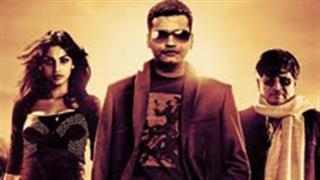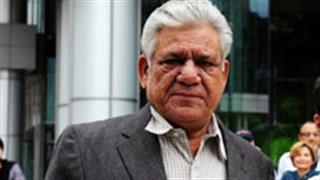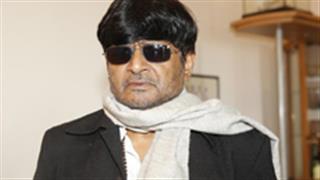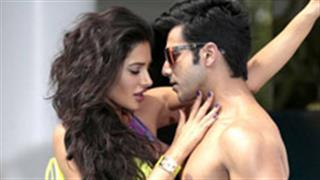I feel that today, we have separated a song from the film by giving it a different identity. Now we call them 'numbers' and 'item numbers'. It has become mandatory for these songs to hit the charts and we keep putting our energies into finding a 'hook line' to get there. No one is bothered to look at the longevity of a song anymore. We don't see if the songs flow seamlessly with the melody of the film, if they are taking the story ahead or they're representing the character of the film correctly.
When I heard that Rafisaab and SD Burman would sit together in their sessions, and that Lata Mangeshkar and Rafisaab rehearsed together for over a month, I realised the depth of their involvement with a song. Their objective was not just to compose a song but to keep it alive over lifetimes!
AR Rahman was one of the pillars of Raanjhanaa (2013). He supported me in a lot of sections of my film even when he did not need to. Songs represent your film in many ways. A composer is also as good as your writer. A lyricist also writes the character of your film. Whenever I am at the recording of my songs, I try and make it a point to explain the story of my film to the singer. What is filmmaking? It's all about what you feel... everything else is false. I always ask myself `Why has the longevity of our songs diminished?` or `Why have we stopped at Lata and Rafi even today?` We do have a number of good composers, but are we, as filmmakers, asking them to compose the right songs or have we set up shops in our films to sell ringtones and create music for just a certain taste?

We need to bring in a change so that our films become memorable. If the markets are asking for ringtones, we need to figure out a different medium. The digital space is for us to grab. Why compromise filmmaking to create a hit song? Yes, we need to have an item number in a film, but let it be an integral part of the story.
I believe that we filmmakers are solely responsible in degrading the quality of our songs and melodies, which once used to rule the hearts of our audiences, back in the '60s and '70s. The audience never asked us for a change; our own fears did. The audience just wants a good story and I think that music also creates a story. We do not lack talent, but what we miss today is bonding and love. My problem is that today a director tells a music composer, `Let me hear what you have got`. Our processes have become very mechanised. This has to change. We will have to start to love people all over again.




















